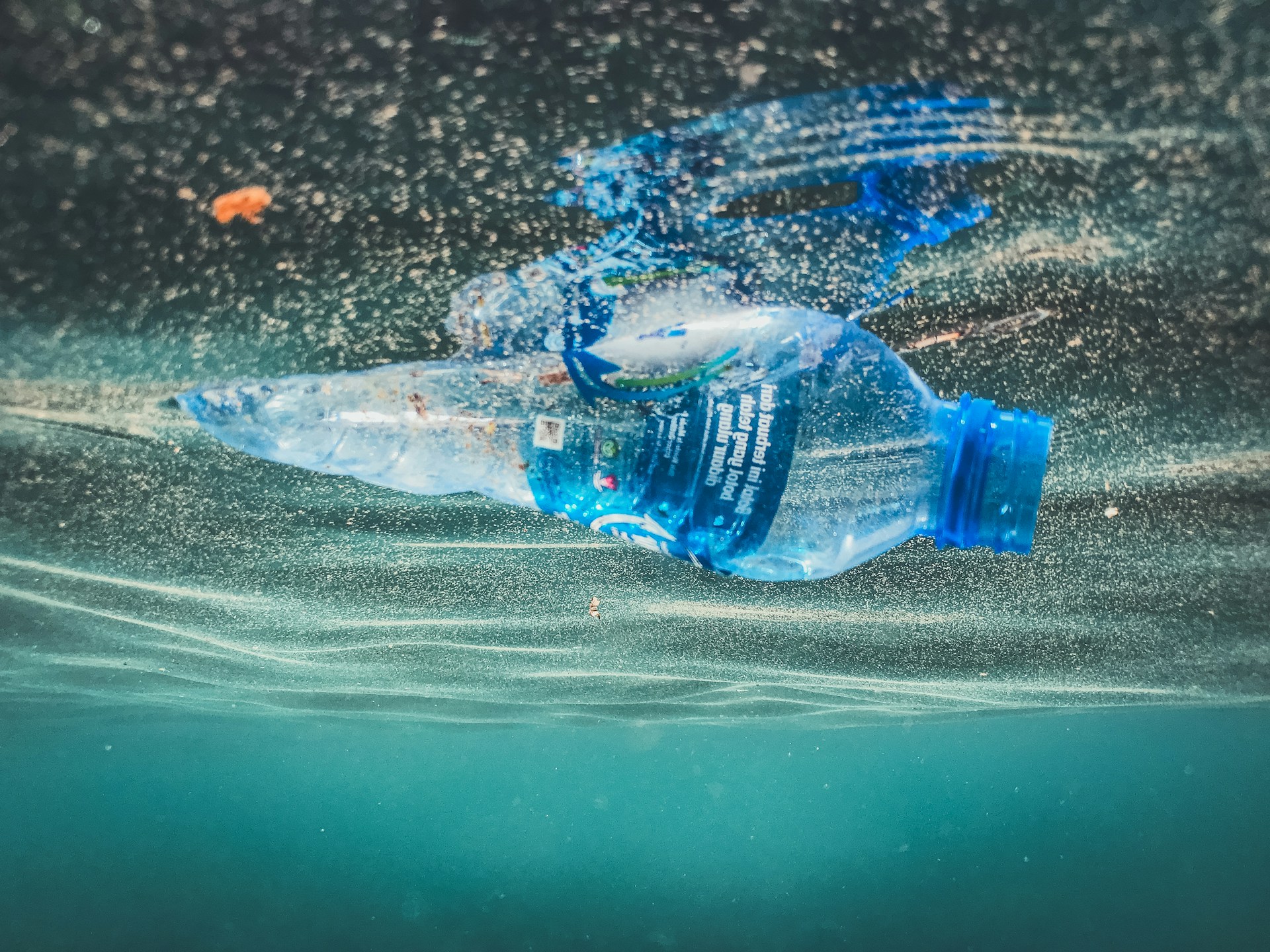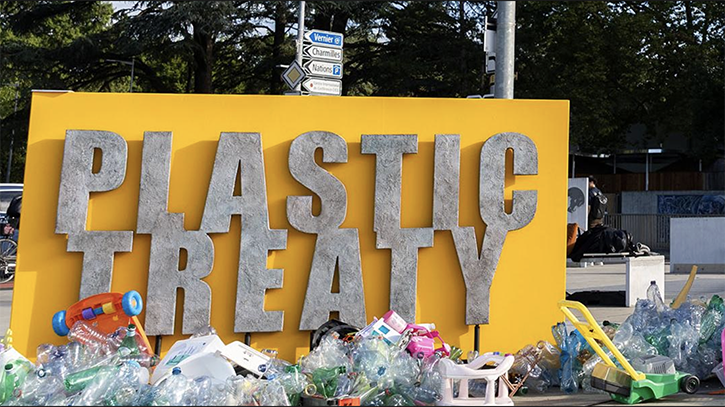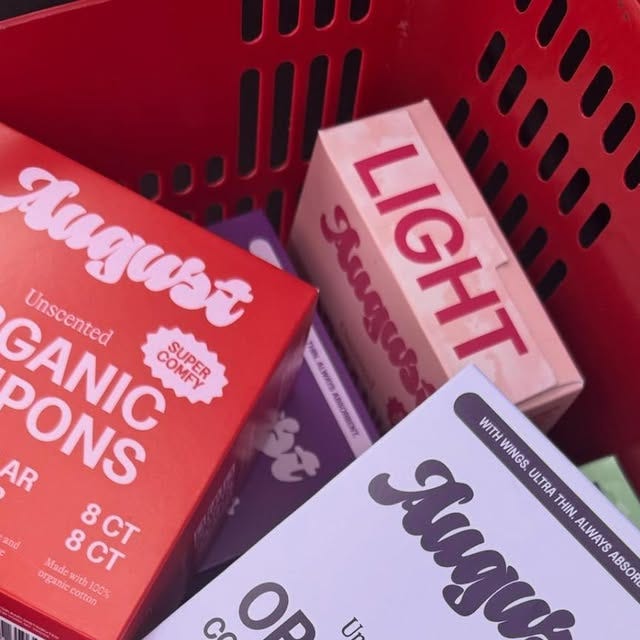QUESTIONS & ANSWERS
How does the bond work?
The Plastic Waste Reduction-Linked Bond is a USD 100 million 7-year principal protected bond issued by the International Bank for Reconstruction and Development (“IBRD” or the “World Bank”) with a unique feature, whereby the return for investors is linked to the issuance and monetization of Plastic Waste Recycling Credits, Plastic Waste Collection Credits (collectively known as Plastic Credits), and Verified Carbon Units (“VCUs”) from two plastic waste collection and recycling projects in Ghana and Indonesia (the “Projects”). With the bond, investors will receive a fixed rate coupon that is lower than the ordinary coupon received in regular World Bank issuances of similar maturity. An amount equal to the foregone coupons (the differential between the World Bank ordinary coupon and the smaller fixed coupon) are used to support an expansion of the Projects. The present value of the foregone coupons is channeled to the Projects through Citi and Plastic Collective (the Project Developer). In return, in addition to receiving the smaller fixed coupon, investors receive amounts from the World Bank linked to the number of Plastic Credits and VCUs – if any – generated and monetized by the Projects. The bond will offer investors an enhancement over the yield of regular World Bank issuance of similar maturity if the Projects perform as expected.
Who is the issuer of the bond?
The bond is issued by the International Bank for Reconstruction and Development (“IBRD” or the “World Bank”).
Will the bond be listed?
The Bond will be listed on the Luxembourg Stock Exchange.
Will the bond be rated?
The bond is expected to be rated AAAp by Standard & Poor’s.
What is the maximum return investors can expect?
The bond was issued at par providing investors with a minimum guaranteed return of approx. 1.75 percent. In addition, if the projects perform in terms of generating and monetizing the expected number of plastic and carbon credits, investors can expect to earn a total return above World Bank ordinary coupons.
How will the bond proceeds be used?
The bond issuance proceeds will be used for the World Bank’s sustainable development activities. World Bank bonds support the financing of a combination of green and social, i.e., “sustainable development”, projects, programs, and activities in IBRD member countries. See IBRD’s Sustainable Development Bond Framework for examples of eligible projects, programs, and activities. The Ghana and Indonesia projects are not World Bank projects.
Will the bond give plastic credits or carbon credits to investors?
No. The bond will pay investors a Plastic Credit-Linked Interest Amount and VCU-Linked Interest Amount from time to time based on the number of Plastic Credits and VCUs generated by the Projects.
How does IBRD hedge the Plastic Credit and VCU exposure?
IBRD has entered into a Forward Flow Agreement (FFA) with Citi to hedge any plastic credit or VCU exposure. Under the FFA, IBRD will transfer to Citi amounts needed by Plastic Collective to support an expansion of the Projects. The transferred amounts are equivalent to the differential between that which IBRD would pay as ordinary coupons on a regular bond and the smaller fixed coupon paid on this bond. In return, under the FFA, Citi will pay IBRD: • An amount equivalent to the VCU-Linked Interest Amount, based on the number of VCUs generated by the Projects, subject to a cap on the number of VCUs. • An amount equivalent to the Plastic Credit-Linked Interest Amount, based on the number of Plastic Credits generated by the Projects, subject to a cap on the number of Plastic Credits and contingent on the amounts received from Plastic Collective. • An amount at maturity linked to the average price of plastic credits sold by Plastic Collective, and contingent on the amount received from Plastic Collective.
What risks are investors in the bond exposed to?
Irrespective of the Plastic Credits and VCUs issued by the Projects, investors will receive their principal investment back at maturity plus a minimum return from the World Bank, providing investors a AAAprated investment with the potential for an additional return if the Projects are successful. If the Projects generate fewer plastic credits or carbon credits than expected, if Plastic Collective sells plastic credits for less than expected or fails to perform its obligations under the Offtake Agreements or becomes insolvent, if Citi fails to make any payments to IBRD under the FFA, or if the FFA is terminated due to certain events as disclosed in the bond prior to maturity, the interest paid to investors will be less than expected. These risks and other risks investors are exposed to are explained in more detail in the bond documentation under the section titled “Additional Risk Factors”.
Are investors exposed to carbon credit and plastic credit price risk?
Bond investors are not exposed to carbon credit price risk since the VCU-linked Interest Amount payable to investors are entirely driven by the number of VCUs issued on to the Verra Registry by the Projects and are subject to an offtake agreement with Citi. Bond investors are not directly exposed to plastic credit price risk since the Plastic Credit-linked Interest Amount payable to investors is driven by the number of Plastic Credits issued on to the Verra Registry by the Projects. However, investors are indirectly exposed to plastic credit price risk since the Plastic Credit linked Interest Amount is contingent on payment of such amounts by Plastic Collective to Citi and failure by Plastic Collective to sell plastic credits at the expected price could result in lower payments than expected. In return for assuming this risk, investors potentially receive an additional amount at maturity linked to the average price of Plastic Credits sold by Plastic Collective. Bond investors’ return is exposed to other risks, which are explained in more detail in the bond documentation under the section titled “Additional Risk Factors”.
What are Plastic Credits and VCUs and who is responsible for the verification of plastic and carbon credits generated by the Projects?
A Plastic Credit represents one metric ton of plastic waste that has been either collected and appropriately managed, in the case of Plastic Waste Collection Credits (WCC), or recycled, in the case of Plastic Waste Recycling Credits (WRC). Plastic Credits generated by the Projects will be issued and registered by Verra under the Plastic Waste Reduction Standard (Plastic Program) Rules and Registry Rules. “VCUs” represent a reduction or removal of one tonne of carbon dioxide equivalent (CO2e) from the atmosphere. VCUs generated by the Projects will be issued and registered by Verra in accordance with the Verified Carbon Standard (“VCS”) Rules and Registry Rules.
What is Verra?
Verra is a not-for-profit organization that administers the Plastic Program and VCS program, and the verification of plastic collection and recycling projects and emission reductions and removals projects. The World Bank is not affiliated with Verra. More information on Plastic Credits and VCUs can be found on the Verra website.
Who buys the carbon and plastic credits from the Projects?
Plastic Collective has the right to sell the plastic and carbon credits from the Projects. Plastic Collective expects to sell the Plastic Credits to companies who want to reduce their plastic footprint, particularly medium-sized consumer brands with plastic-intensive production at the moment. Plastic Collective has sold future carbon credits from the Projects to Citi.
What is Plastic Collective
Plastic Collective UK Ltd (in short “Plastic Collective”) is a private limited company incorporated in the United Kingdom. It was founded to address the problem of mismanaged plastic waste that leaks into oceans and nature and goes unrecycled into landfill and incineration. Plastic Collective supports projects that collect and recycle plastic in emerging nations with funding solutions, waste management technologies, digital monitoring systems, project certification, expansion planning, waste picker welfare programs, operational training and community education programs.
Plastic Collective has been a leading proponent in the development and deployment of the Verra Plastic Program (See: https://verra.org/programs/plastic-waste-reduction-standard/) and its associated plastic credit program.
What is the contractual relationship between IBRD and Plastic Collective?
There is no relationship between IBRD and Plastic Collective. Citi, through offtake agreements with Plastic Collective, will transfer funds to Plastic Collective and receive from Plastic Collective VCUs generated by the Projects along with a dollar amount linked to the number of Plastic Credits generated by the Projects.
What Projects are being supported?
THE PROJECTS ARE NOT FINANCED BY IBRD AND THEREFORE IBRD’S POLICIES AND PROCEDURES RELATED TO PROJECTS IT FINANCES DO NOT APPLY TO THE PROJECT.
The bond will finance two Plastic Waste Recycling and Plastic Waste Collection projects in Indonesia and Ghana. The Projects were selected by Plastic Collective to address plastic waste in extreme leakage territories, and where they have proven operational track record over the previous three years and are planning to scale and develop additional capacity in the next three to five years, and have credible management teams and high social and environmental impact.
Project 1: ASASE Foundation, Ghana
The ASASE Project is a community-based plastic waste collection and recycling project established in Ghana in 2019. The project involves starting small recycling plants as social enterprises in communities where plastic pollution is most severe, and empowering women entrepreneurs to build their own plastic waste collection businesses as a sustainable source of income and employment.
Networks of waste pickers collect Polypropylene (“PP”), Low-Density Polyethylene (“LDPE”), High-Density Polyethylene (“HDPE”) and Polyethylene Terephthalate (“PET”) from numerous sources including households, businesses, schools, markets and landfill. The collected waste is transported to ASASE’s collection centers and warehouses for aggregation. All sorting is conducted in the warehouses, from where it is transferred to ASASE Plants for washing and processing into shred and pellets.
Financing from the bond will be used to expand the number of plastic collection and recycling sites that the ASASE Foundation operates in Accra Ghana in order to increase their processing capacity and will provide several development co-benefits. Development co-benefits include provision of plastic waste management services for poor and underserved communities in Accra; access to cleaner water and protection of marine life through reduced plastic pollution; training and employment opportunities (almost half expected to be women) and associated livelihood provision for waste pickers; implementation of ZPO Social Plus standard [1] to alleviate waste picker poverty; plastic circularity education program in schools; and community health and sanitation awareness building.
Project 2: SEArcular By Greencore, Indonesia
The SEArcular Project is a plastic waste collection and recycling project established in Surabaya, Indonesia in 2018. The project empowers coastal communities by providing training, employment and price premiums for the ocean-bound plastic they collect.
SEArcular focuses on providing an appropriate end-of-life for the more difficult-to-recycle plastic types. The project’s network of waste pickers, aggregators, and suppliers collect LDPE, HDPE, PP, PET, Polyvinyl Chloride (“PVC”) and “other” (ABS, POM, PA) directly from beaches, waterways, streets, and bins and dumpsters located in public areas and used by individuals/households and businesses. SEArcular transports the collected and pre-sorted material to its processing facility in Surabaya where it is washed and processed into flakes and pellets. The project’s outputs are used by its customers for the production of a diverse range of recycled plastic products, including electronic componentry, luggage items, durable film, and reusable poly bags.
Financing from the bond will be used to install a food-grade PET recycling production line in Surabaya Indonesia and will provide several developmental co-benefits. Development co-benefits include the provision of plastic waste management services for poor and underserved coastal communities; access to cleaner water and protection of marine life and life on land through reduced plastic pollution; training and employment opportunities (almost half expected to be women) and associated livelihood provision for waste pickers; implementation of ZPO Social Plus standard to alleviate waste picker poverty; plastic circularity education program in schools; and community health and sanitation awareness building.
What is the potential for replication of similar outcome-linked bond structures?
Mobilizing private capital to support projects that aim to reduce plastic waste, and/or reduce and avoid carbon emissions is critical to achieving the world’s climate targets. These projects have potential future revenue from plastic and/or carbon credits but often lack the financing required to get off the ground or to scale. Outcome bonds like the Plastic Waste Reduction-Linked Bond and the Bank’s earlier Emission Reduction-Linked Bond can help such projects raise needed financing from capital markets by securitizing future plastic and/or carbon credit sales revenue. These bonds blend project risk with triple-A principal protection provided by the World Bank, and are listed, tradable securities of a size large enough to interest institutional investors.
Disclaimers:
Net proceeds of the bonds described herein are not committed or earmarked for lending to, or financing of, any particular World Bank projects or programs. Payments on the bonds are not funded by any particular World Bank project or program.
This Q&A is not an offer for sale of securities of the International Bank for Reconstruction and Development (“IBRD”), also known in the capital markets as “World Bank”. Any offering of World Bank securities will take place solely on the basis of the relevant offering documentation including, but not limited to, the prospectus, term sheet and/or final terms, as applicable, prepared by the World Bank or on behalf of the World Bank, and is subject to restrictions under the laws of several countries. World Bank securities may not be offered or sold except in compliance with all such laws. The World Bank Sustainable Development Bond Framework, the World Bank’s Sustainable Development Bond Impact Report, and the information set forth therein are not a part of, or incorporated by reference into, the offering documentation.
This Q&A contains or references links to websites operated by third parties (“Third Party Websites”). These links are provided for information purposes only. Third Party Websites are not under control of the World Bank. The World Bank is not responsible for the content of, or links contained in, any Third Party Website, and the inclusion of such links does not imply that The World Bank endorses, recommends, or accepts any responsibility for the content of such Third Party Website.
[1] The Social Plus Standard was created by Zero Plastic Oceans to bring inclusiveness in the circular economy and environmental protection and aims to address the needs of informal collectors and usual social and ethical requirements for the organization’s formal employees. More information here: https://www.obpcert.org/social-plus-ocean-bound-plastic/
Related Articles
- World Bank/ Press Release: Plastic Waste Reduction-Linked Bond
- World Bank/Feature Story: Tackling the Plastics Pollution Crisis by Channeling Private Capital to Projects that Reduce Plastic Waste
- Plastic Collective Press Release: Plastic Collective attracts landmark fundraising to tackle plastic pollution
- Verra News: Plastic Credits to Be Leveraged by Groundbreaking Outcome Bond







